by Richard van Pelt, WWI Correspondent
The Statesman editorial page opined on a variety of issues in the pithy condensed style of the time (somewhat along a continuum from bon mot to Tweet):
When some other power has a big army, it is militarism; when you have it, it is self defense.
There is evidence in Northern France that great battles bring rain. The heavens respond to the bombardment.
One has only to take a look at the United States senate these days to clinch the correctness of Sherman’s definition of war.
There is a unanimous agreement that the proposed war taxes should be placed on things that someone else uses.
The news that Austria and Russia almost agreed reminds us that “almost” is almost as sad a word as “might have been.” . . . The ancient Italians had a saw that “almost is not half way.”
The greatest duel that was ever fought still drags its bloody way across the northern borders of France. The armies of Germany and the allies are in a death grip, as they have been for a week and as they seem destined to be for many days yet; unless some strategic genius on one side or the other may develop a movement that has not yet been intimated to the outside world. This death struggle is heart rending to the participants, and to the whole civilized world, looking on at it through the meagre reports that are allowed to sift through the rigid censorships.
In an editorial, “The progress of the war” the editor comments on perception of German invincibility, writing that “The retreat of the German armies after their triumphant progress toward Paris has not been an overwhelming disaster. But it has destroyed the German soldiers’ belief in their own invincibility. It has broken the prestige of German militarism in the eyes of the world and driven great from the hearts of the allies. Everyone fighting against the Teuton millions now knows that German soldiers are merely flesh and blood and nerves like themselves, subject to exhaustion, discouragement and fear; they now that German officers, in spite of their superb training and traditions, are not supermen: they do not believe that Kaiser Wilhelm is another Frederick the Great.”
The editorial writer was correct: the crowned monarchs of Europe were not among the intellectual crown jewels of the time. Parades and uniforms did not a Napoleon make.
The paper reported the arrival of hundreds of Americans from the war zone. The article reported an open letter sent to the President:
We, the undersigned citizens of the United States, returning from Germany, and believing from cables, letters and newspapers received by us that there is in America a widespread opinion that Americans have been accorded ill treatment in Germany, beg leave to present to the President of the United States the following statement:
We, who have been in Germany during July, August and a part of September, have been accorded every courtesy and every care. When England’s declaration of war tended to render people suspicious of those who spoke English, the newspapers systematically urged every one to be kind to Americans. In truth, the attitude of all Germany, throughout this whole situation, has been one of serious consideration for the safety and comfort of all strangers within her gates.
In the Capital Journal, the headline read:
ONE BULLET FIRED BY HIGH SCHOOL BOY STARTED THE WAR
It Entered the Archduke’s Head Sped Through the Chancellories of Europe
PIERCED THRONES WRECKED HOMES
Made Millions Fatherless and May Change the Map of the World
What started this war in Europe? Everybody knows that millions of men are lined up to kill each other; that the civilization which Europe has been slowly building up since the dark ages has been thrown to the winds and that the situation is too big to either write or talk about, intelligently. It will take a hundred years for history books to give the news. . . . What started this biggest event the world has ever known?
The answer is: One little lead bullet from a revolver in the hands of a Servian high school boy. And this bullet probably would never have been fired if an ordinary chauffeur had not lost his way in a little town in Bosnia. One little twist of a chauffeur’s wrist, as he turned an automobile into a side street, when he should have remained on the main road: one high school boy – they started this war in Europe.
It’s hard to find enough to say about this one lead bullet. It went into the head of a archduke, as he rode in his automobile. It sped through the chancellories of Europe. It circled about thrones. It entered the bed chambers of the world’s kings, emperors or czars and drove sleep from the eyes of statesmen. It sped into millions of homes and brought sorrow and death. Oceans of tears of women and little children it created. It flew into the bourses and money markets of the world and cut their nerves. To understand the situation in Europe before this bullet was fired, imagine, if you can, that every totem of civilization – everything that is good – homes, science, art, music, surgery, education, culture, peace – had all been done up into one huge package and hung by a slender thread over a deep precipice. For years this package had swung this way. The winds of war have often threatened it, but the statesmen of Europe have steadied it and have strengthened the old and storm has passed time after time. And then along speeds this one lead bullet, fired by a high school boy named Gabriel Prinzip. It cuts the rope. The crash will be heard throughout centuries.
The editor followed up with his assessment:
The most disastrous shot ever fired from a pistol was that of June 28, fired by Gabriel Prinzip, a school boy, and which killed Archduke Francis Ferdinand, heir to the Austrian throne. What its ultimate results will be no man can tell; but it has already cost a hundred thousand or more lives, and the war has only started. How many millions of orphans it will make and how many homes make desolate is beyond all human guessing. It is safe to say, however, that no shot before ever caused a fourth part of the damage this will have accomplished before the end is reached.
In July, the editor of the Capital Journal wrote:
Governments are much like men, some are ready to scrap any old time and some always wait until the fellow they want to lick has a boil, or a sore arm, or is not feeling well generally. Austria seems to be of the latter variety. She had nothing to say to little Servia about the murder of her crown prince until labor troubles required Russia’s attention. With Russia not in condition to back her little ally, Austria knows she can slap her with impunity, and immediately proceeds to do so. If Servia resents this and stands pay, all Europe may be drawn into the row. Russia will help Servia, Germany will aid Austria, France and England will take Russia’s side of the muss, and Italy will stand with Germany. Sweden, Norway and Denmark would do anything to help Russia get thoroughly licked, and the smaller fry would get in as their interests demanded.
As the writer of the front page article, William G. Shepherd, pointed out, it would take a century for history to give the news. There are no definitive answers to this day. The elaborate systems put into place to keep the peace worked, until ignited from the outside.



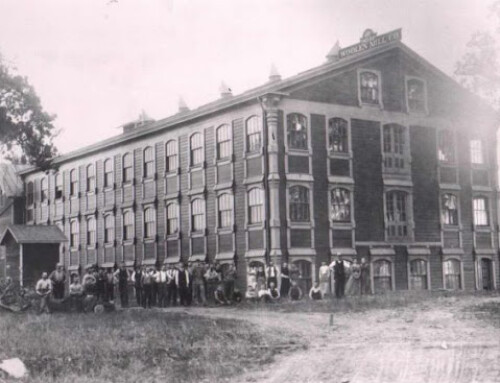
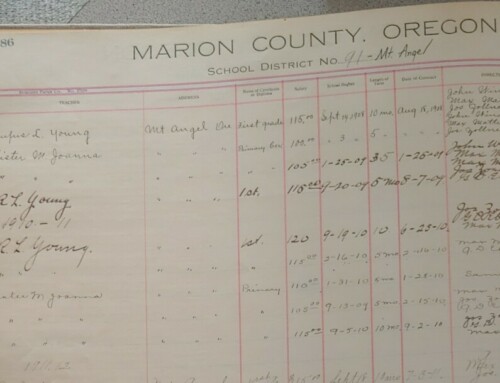
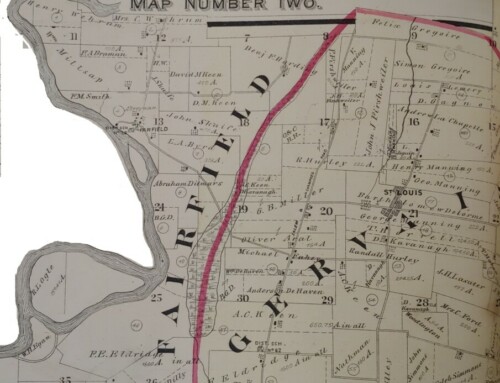
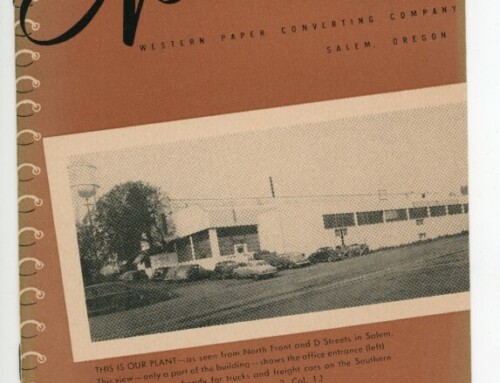
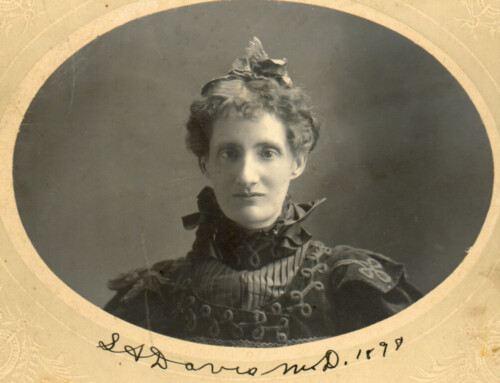
Leave A Comment